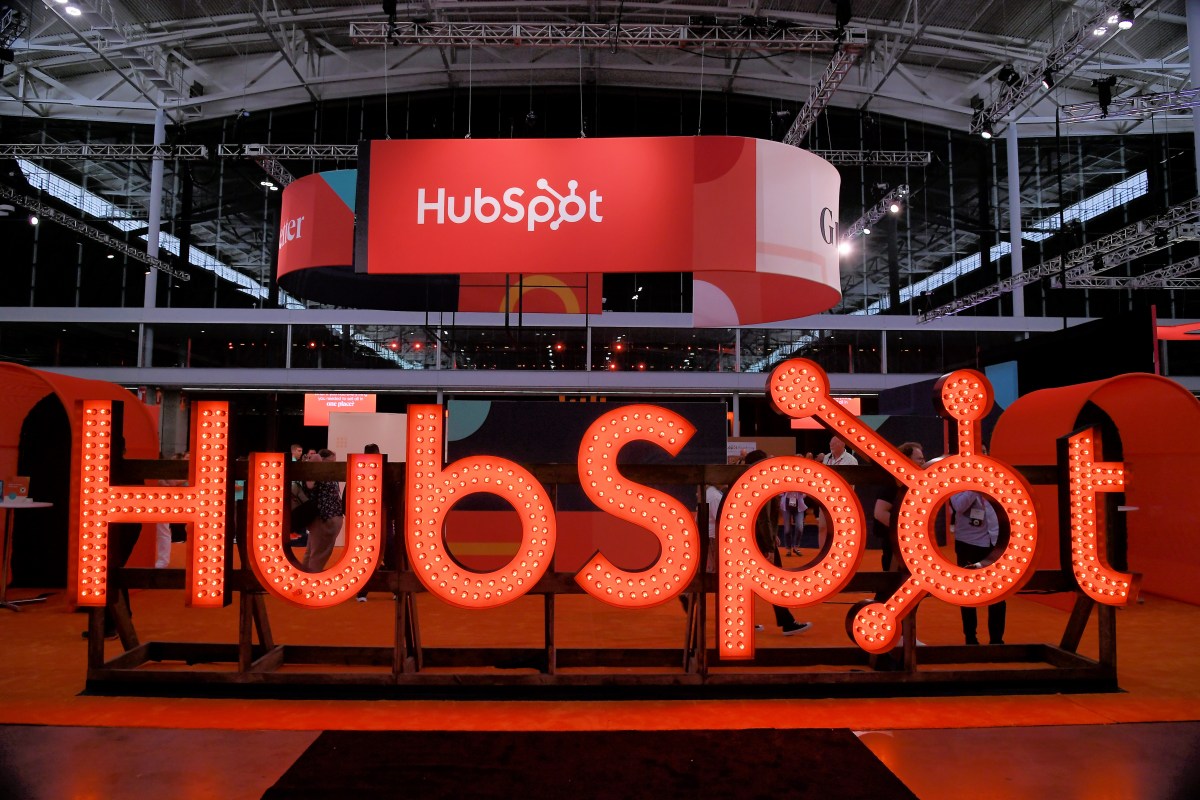According to a report by Reuters on Thursday, Google’s parent company, Alphabet, is considering acquiring HubSpot, a CRM and marketing automation company based in Boston with a market cap of over $33 billion. The speculation around this potential deal has caused HubSpot’s value to rise significantly.
If this acquisition were to materialize, it would likely involve offering a substantial premium above HubSpot’s current valuation to entice them to sell to the tech giant. It is noteworthy that the two companies already have a partnership, using Google ads to boost sales in HubSpot, which could pave the way for acquisition discussions.
Although Alphabet has a history of making acquisitions, its largest deal to date was the $12.5 billion purchase of Motorola Mobility in 2011. Considering its past experiences, Alphabet may approach a deal with caution, especially given the $5.4 billion acquisition of security intelligence platform Mandiant in 2022 as its recent major deal. With Google typically staying under $3 billion for acquisitions, a deal of this magnitude would be atypical for the company.
Furthermore, amidst the current trend of tech companies economizing, and a recent announcement from Google’s CEO about impending job cuts, a significant acquisition like HubSpot may pose challenges in terms of justifying the expense, especially to employees. Despite having a substantial cash reserve of $110 billion as of last year, Alphabet may need to navigate regulatory hurdles as large deals are closely scrutinized by authorities in the U.S., the U.K, and the EU.
HubSpot also faces strong competition from Adobe and Salesforce, which could impact the feasibility and benefits of a potential acquisition by Google. The possibility of a termination fee to mitigate risks and uncertainties in the market must also be considered by Alphabet in evaluating this deal.
Ultimately, the likelihood of this acquisition and the unique value it could bring to both companies remain uncertain. While some analysts express skepticism about the deal, predicting its likelihood remains speculative.


